Myanmar Military’s Relentless Airstrikes Amid Earthquake Devastation: A Nation in Crisis
- by Mia Ryder, Myanmar, RNG247
- about 7 months ago
- 136 views
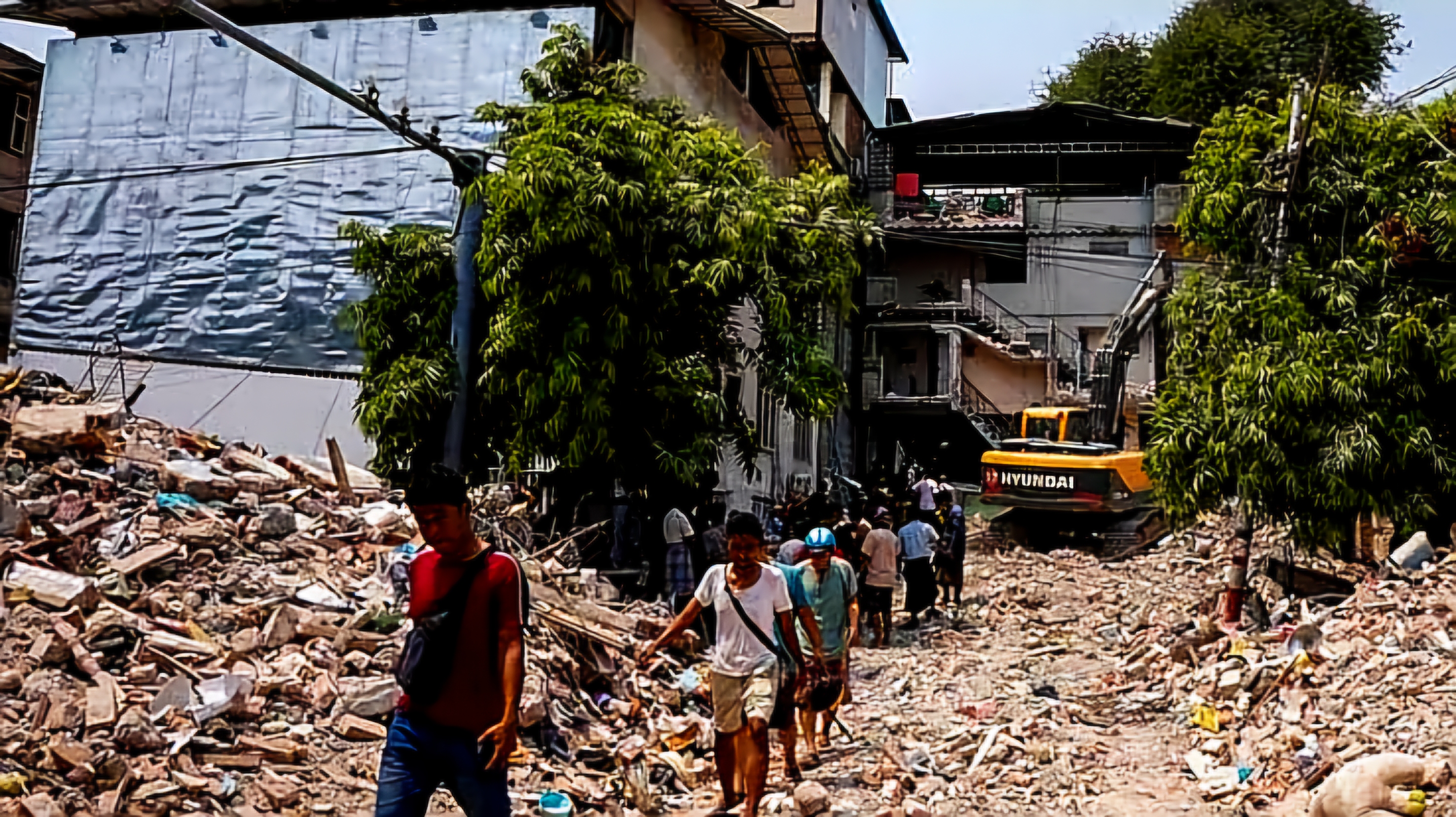
As Myanmar grapples with the aftermath of a catastrophic earthquake that has claimed approximately 1,700 lives, an armed resistance group has condemned the ruling military junta for its continued air assaults on civilian areas. The Karen National Union (KNU), one of the nation’s oldest ethnic armed organizations, issued a scathing statement on Sunday, accusing the junta of prioritizing offensive military operations over essential humanitarian relief efforts.
In its statement, the KNU highlighted the incongruity of the junta’s actions, asserting, "While the population is suffering tremendously from the earthquake, the military continues to carry out airstrikes targeting civilian areas.” The organization suggested that under normal circumstances, one would expect the military to focus on aiding its citizens, yet, disregarding the gravity of the situation, it is instead committed to deploying forces for attacks against its own people.
Despite multiple requests for clarification, a spokesperson for the junta has yet to respond to the criticism directed at its military strategy during this period of national mourning. Since the military coup in 2021, which ousted the democratically elected government of Nobel Peace Prize laureate Aung San Suu Kyi, Myanmar has been entrenched in a civil conflict, with various armed opposition factions vying for control and justice.
Reports indicate that shortly after the earthquake struck on Friday, military aircraft initiated airstrikes and drone assaults in Karen State, which is home to the KNU headquarters. The 7.7-magnitude quake’s epicenter was located in a region controlled by the junta, however, the destruction has reverberated throughout the territory, impacting also areas held by resistance groups.
In response to the ongoing violence, the opposition National Unity Government (NUG)—a coalition comprised of remnants of the ousted administration—announced on Sunday a temporary halt to offensive military actions by anti-junta militias for a duration of two weeks. This gesture aims to ensure that necessary aid can reach communities devastated by the earthquake.
Richard Horsey, a senior advisor for Myanmar at Crisis Group, noted that while some anti-junta forces have indeed suspended operations, conflicts persist in various regions. “The regime also continues to launch airstrikes, including in affected areas. That needs to stop,” he admonished. Horsey observed that the junta is providing little to no visible aid in the quake-stricken regions, stating, “Local fire brigades, ambulance crews, and community organizations have mobilized, but the military—who would normally be expected to provide support in such a crisis—are nowhere to be seen.”
With the country’s future hanging in the balance amidst its ongoing struggles, the intersection of natural disaster and military aggression paints a grim picture for the people of Myanmar. As the earthquake’s victims seek help, the world watches to see how this humanitarian crisis will unfold against a backdrop of relentless violence.



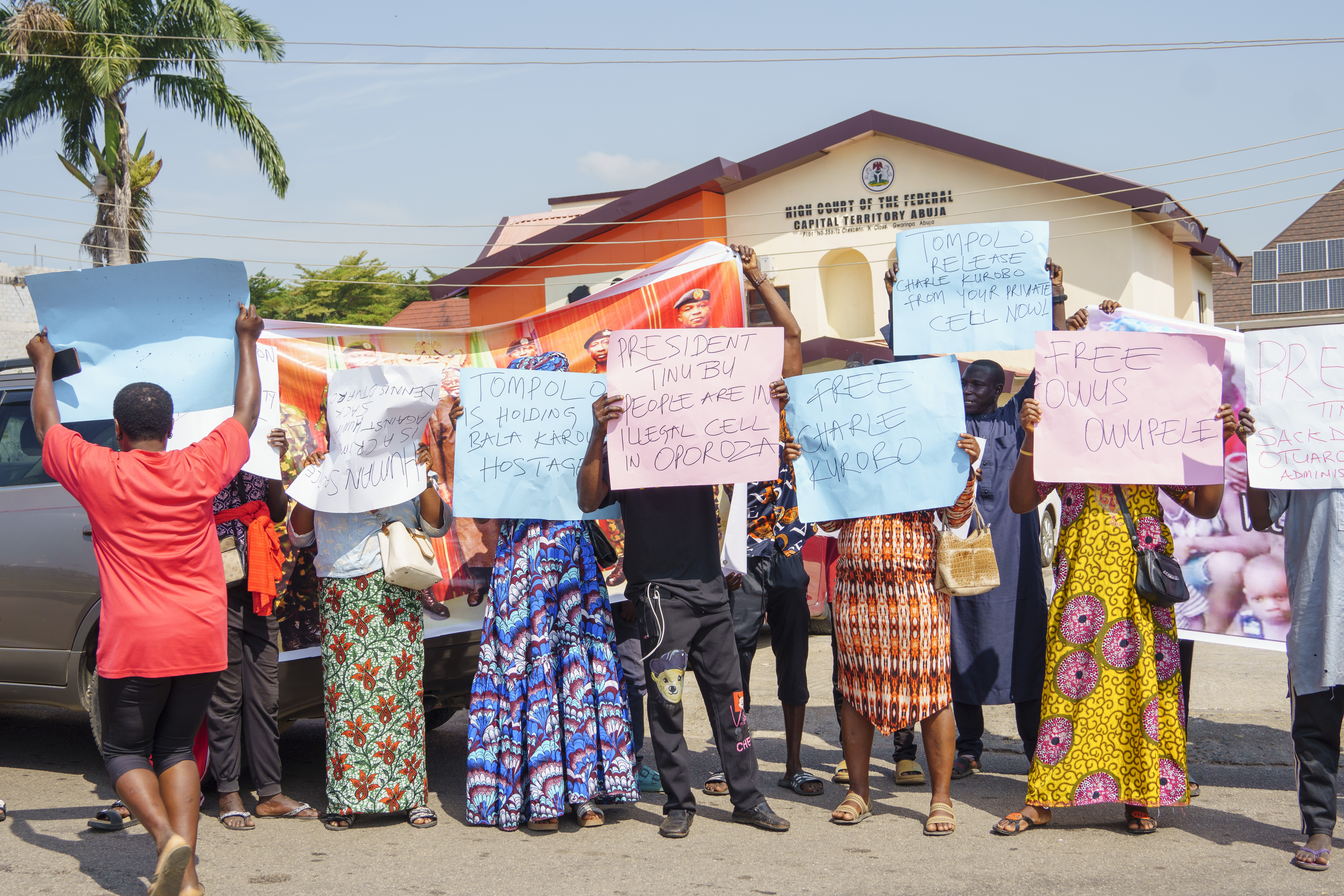
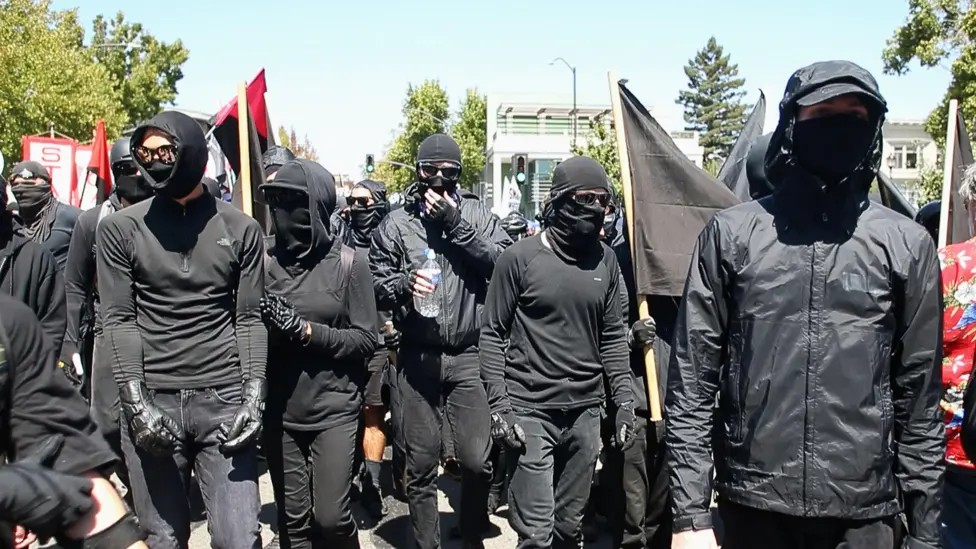


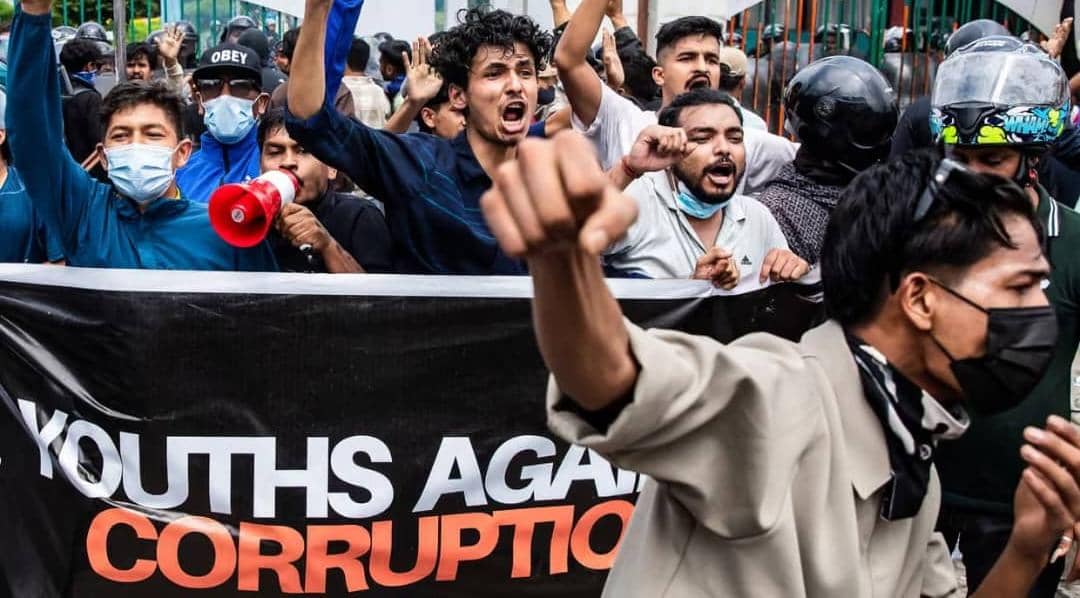
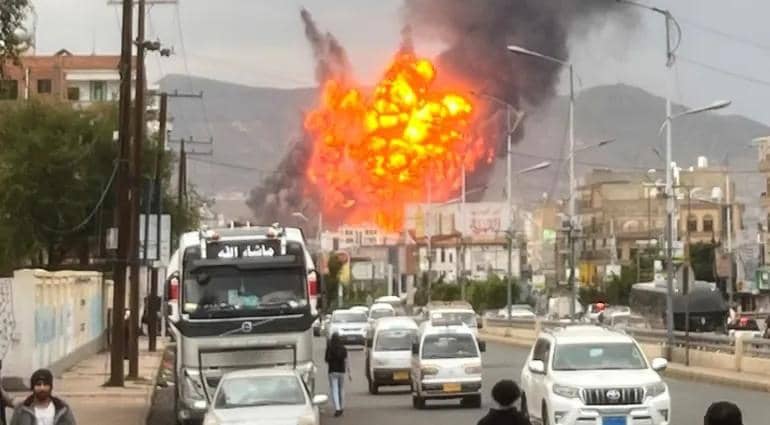
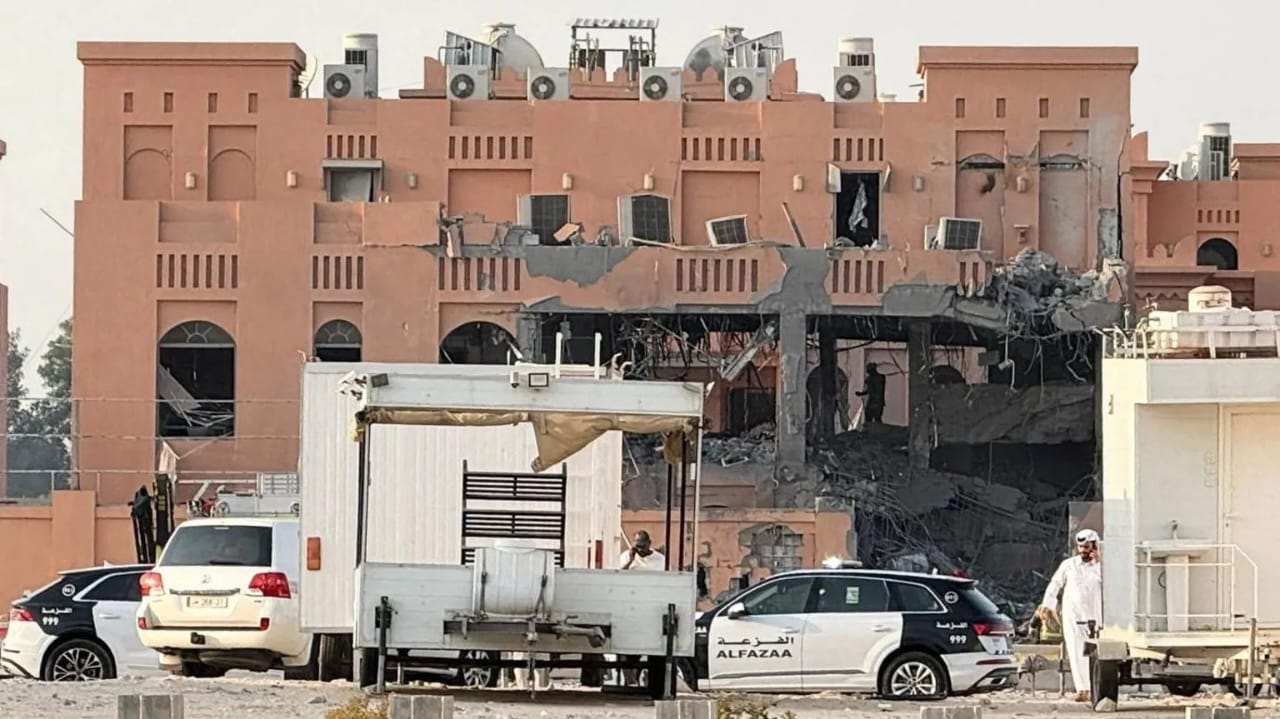
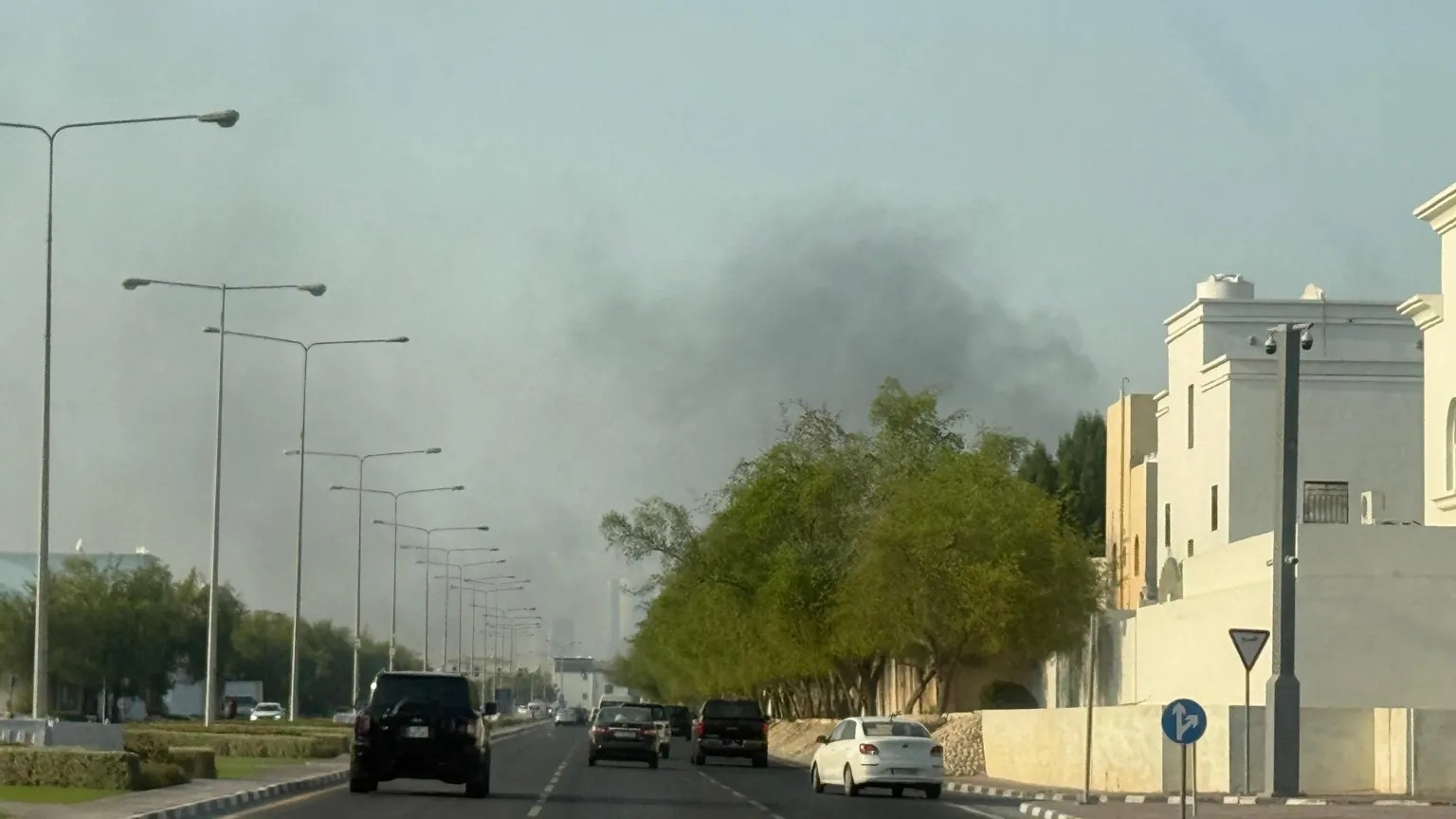

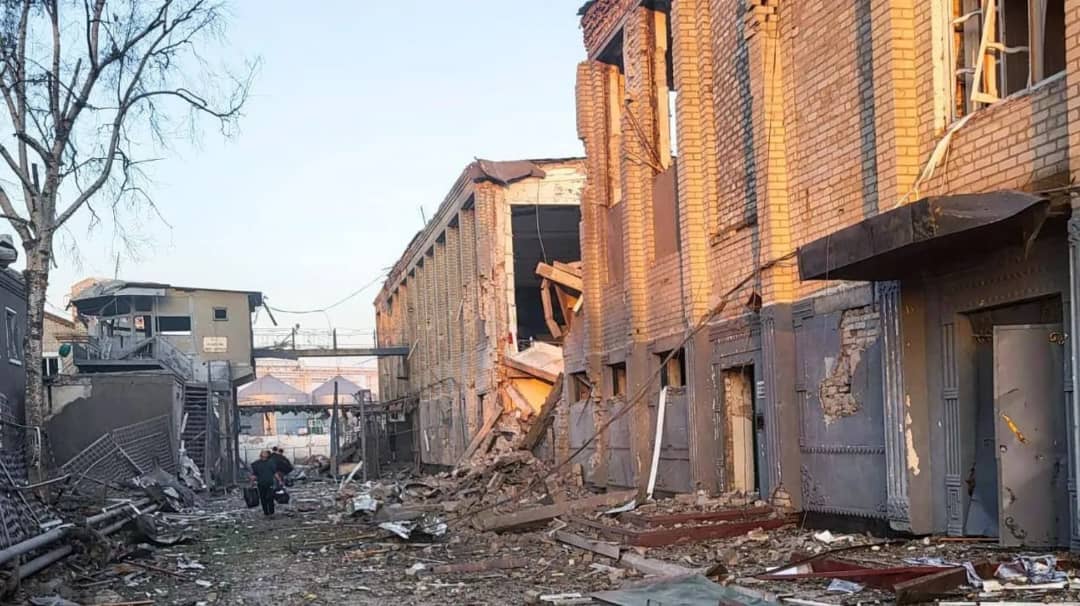
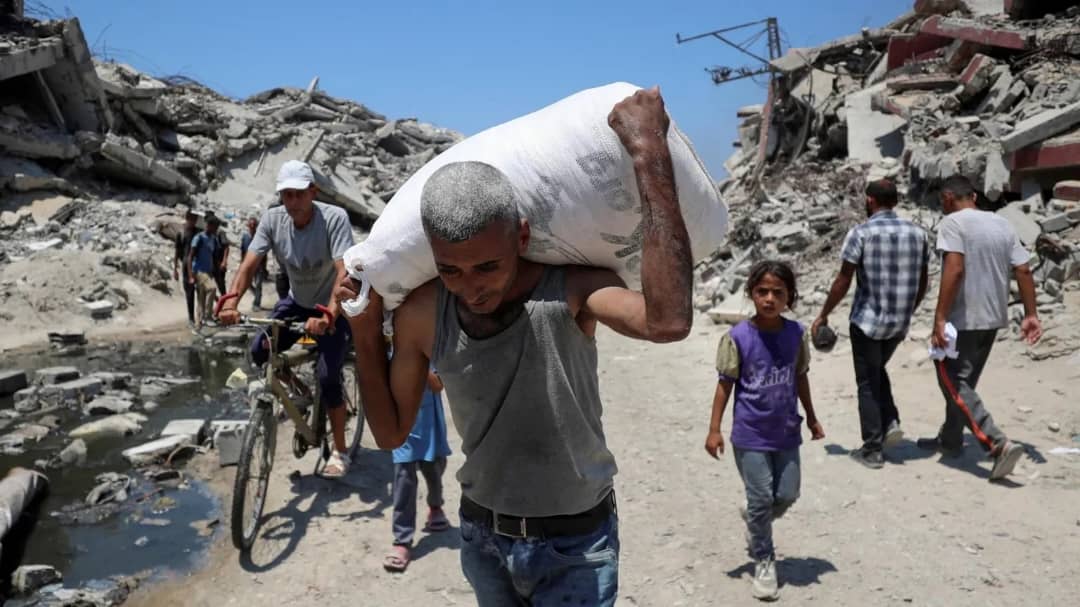
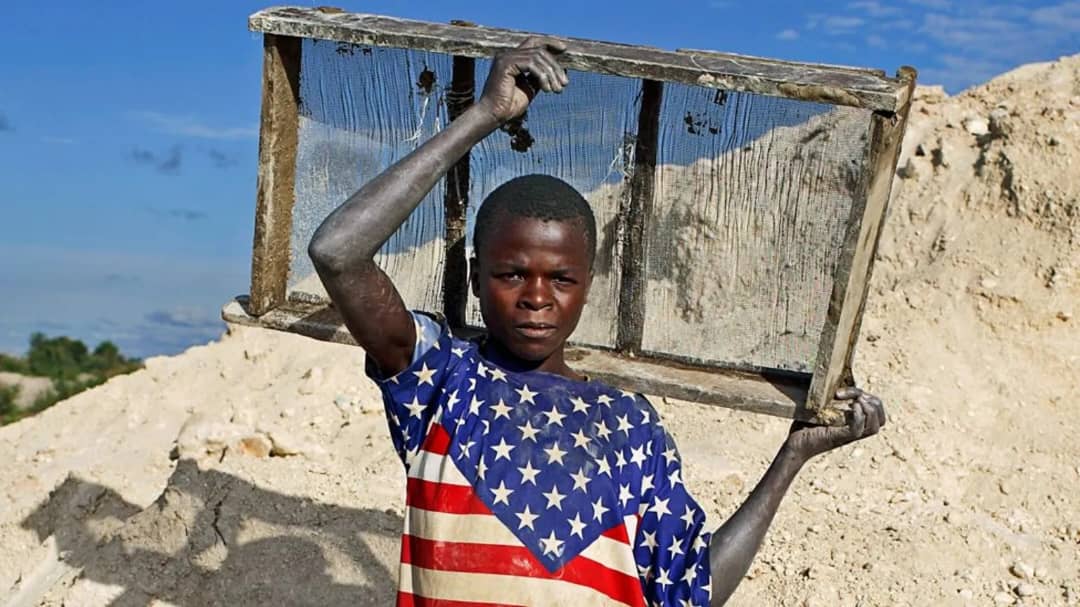

0 Comment(s)